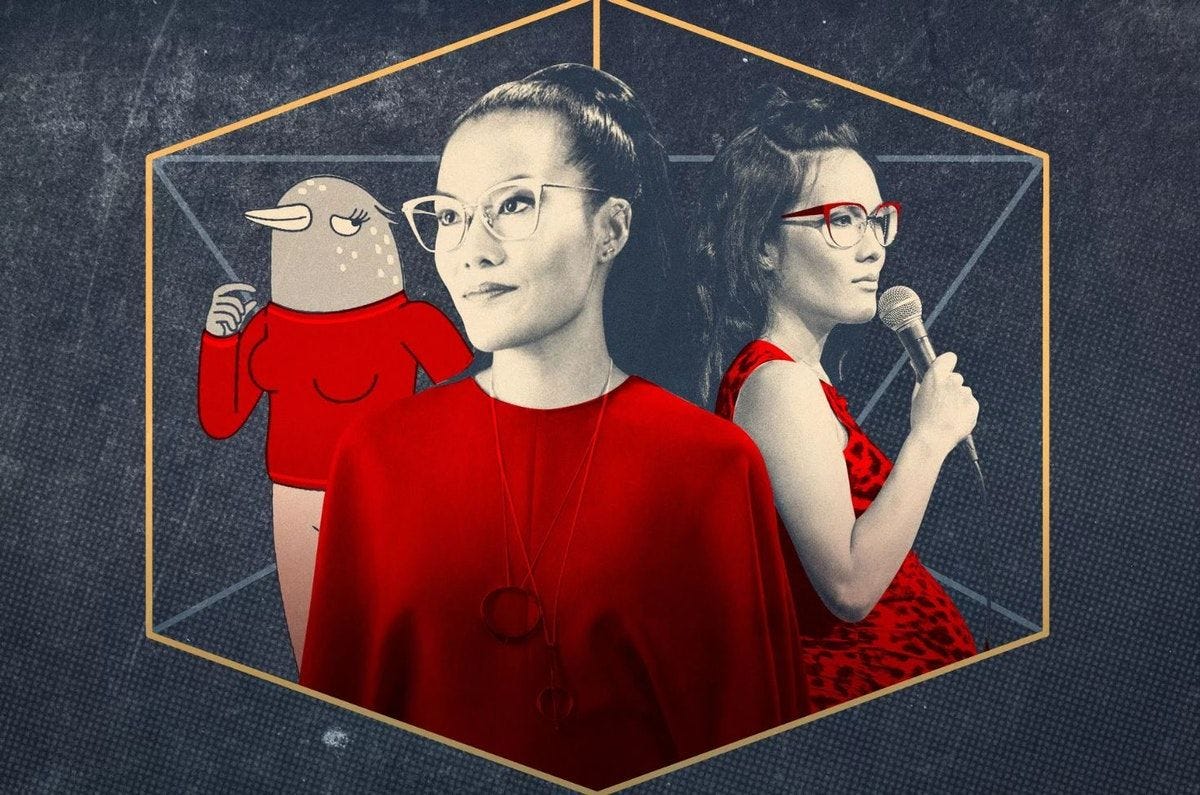4 TV shows murdered! Ali Wong benefits! And Baby Shark is born for TV!
Always Be Watching is curated by Dan Barrett each and every day

We live in an era of peak TV. There are so many shows that nobody can watch them all. So, with so few people watching some shows, at what point does a network cancel them?
Yesterday we saw some shows in the peak TV bubble disposed of:
Happy! (Syfy)
Deadly Class (Syfy)
The Ranch (Netflix)
Sneaky Pete (Amazon)
Source: Dark Horizons
Source: THR




